What to know to make an informed decision
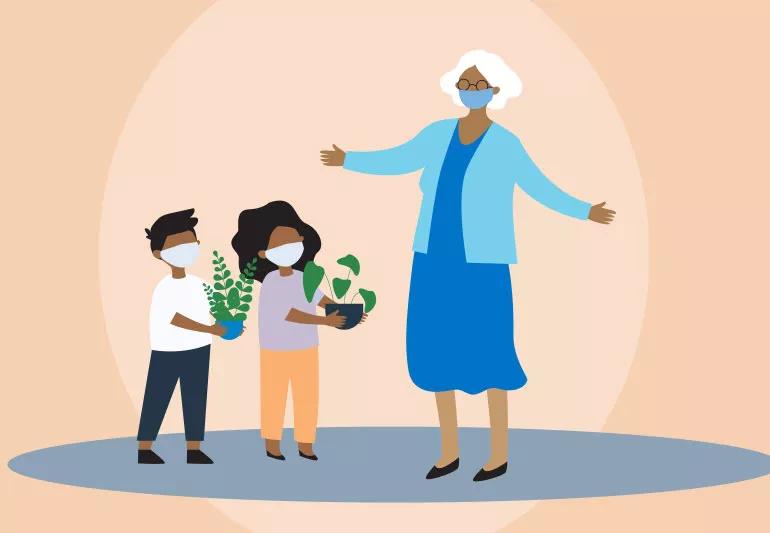
Now that COVID-19 vaccines are here, we’re all excited to get back to our normal lives. We can’t wait to hug our loved ones without worrying and visit our older relatives who have had to be extra careful to avoid getting COVID-19.
Cleveland Clinic is a non-profit academic medical center. Advertising on our site helps support our mission. We do not endorse non-Cleveland Clinic products or services. Policy
It will take time for everyone who wants to get vaccinated to receive their doses. But with many states now opening vaccinations to seniors, you might wonder: Is it safe to see my parents or grandparents once they’re vaccinated?
The answer to that will depend on your family’s circumstances and comfort levels, says geriatric medicine specialist Ronan Factora, MD.
In general, COVID-19 vaccines are very effective, and it will be safer for seniors to be around others once they get their two doses (and then wait two weeks for the best possible immunity to kick in).
But that doesn’t mean everyone can throw caution to the wind. Remember, only a small fraction of the population has been vaccinated at this point, and COVID-19 is still spreading rapidly. Any time two or more people are in close contact with each other, there will still be some risk that the disease could spread.
This is why, even after seniors are fully vaccinated, they should still wear a mask and practice social distancing in public.
It’s also why, when deciding whether it’s safe to visit with elderly relatives, it’s a good idea to consider the circumstances, take precautions and make sure everyone is comfortable with plans for the visit.
If every member of a family is vaccinated, that poses far less risk for getting together. But if it’s only the older adults who are vaccinated, here are some of the factors to consider when weighing whether to visit them or how to do so as safely as possible.
Studies have shown that COVID-19 vaccines are up to 95% effective at preventing the disease – but they’re not 100%. Each person’s immune system is also a little different, so getting the vaccine isn’t a complete guarantee that you won’t get sick. This is especially a consideration for older adults, since the immune system naturally become less strong as we get older.
We’re also still learning about how effective COVID-19 vaccines are at preventing the spread of the disease. As far as we know, it’s possible that someone who’s vaccinated could get infected with the coronavirus and pass it along to someone else, even if they don’t get sick themselves.
So, as long as the coronavirus that causes COVID-19 is still spreading rapidly in our communities, there’s still some amount of risk involved with a visit. If you decide to visit in-person, the safest move would be for everyone to wear a mask and limit the amount of time you spend in close contact (within 6 feet).
Children generally don’t get as sick from COVID-19 as adults do. But they’re known to play a key role in spreading the virus, even if they don’t have symptoms.
The amount of close contact your children have with others outside of your home will affect how safe (or not) it is for them to visit with elderly relatives, Dr. Factora notes. If your children have been doing virtual learning and staying home, they would presumably be less likely to be carriers of the virus than children who are out and about, participating in extracurricular activities and visiting with their friends.
It’s been a long year of stay-at-home orders and social distancing for everyone, but seniors are especially susceptible to isolation and loneliness. Chronic loneliness is a precursor for depression. It’s also been shown to worsen memory and cause other physical and mental health declines in older adults.
While it’s important to stay cautious, vaccination opens the door for seniors to have more face-to-face interactions with others, which is certainly a good thing.
“When seniors are vaccinated and can safely spend time with other folks, socialization increases, physical activity increases, and they get more opportunities to engage their brain,” Dr. Factora says. “All of those things are important for aging well and for mood.”
If your loved one is in a nursing home or assisted living center, you’ll need to follow that facility’s visitation guidelines. “Each one of those communities has their own guidance and will tell you what they do and do not allow,” Dr. Factora says.
Many of these facilities have kept strict visitor guidelines in place because of how fast the coronavirus can spread in these communities and how vulnerable many of their residents are.
“Within these communities themselves, if everyone is vaccinated and has been isolated, then that’s an opportunity for them to spend more time with friends and neighbors in the same community,” Dr. Factora says. “But with visitors from outside the community, these communities have to be more careful because they don’t know where those visitors have been.”
We’ll see the biggest benefits from COVID-19 vaccines when enough people can get them that we’re able to reach herd immunity.
Until then, it’s safest for everyone to remain cautious and take steps to protect themselves and everyone around them.
“We all look forward to getting to the point where everyone can spend time together freely, but that will take time,” Dr. Factora says. “Vaccination is one step in that direction. We have to celebrate that for sure and take advantage of it, but we can’t entirely let go of the things we’ve gotten used to doing in the last year.”
Learn more about our editorial process.

An increased risk of blood clots can last for nearly a year after a COVID-19 diagnosis
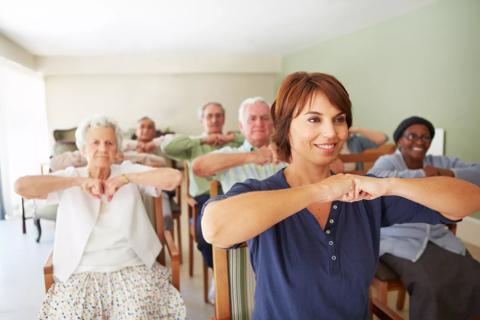
Chair exercises can help people age 65+ retain independence
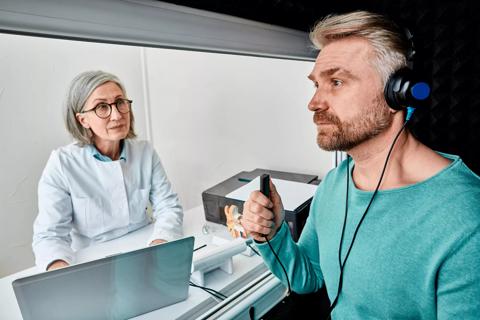
COVID-19 may be associated with tinnitus, but research is still ongoing
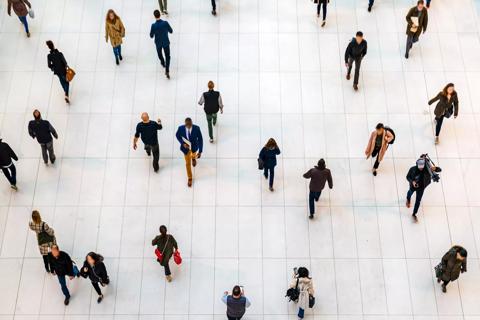
The short answer: It’s complicated, but the basic care precautions still prevail, like washing your hands and isolating if you’re sick
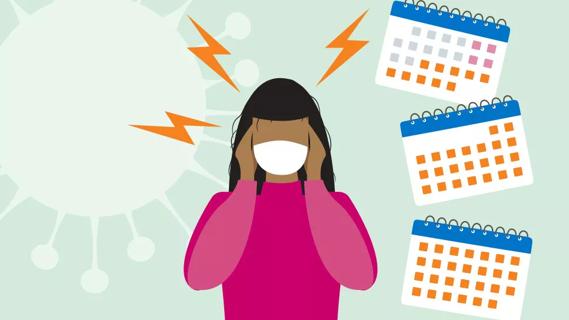
They can feel like a typical headache or a migraine headache, but the pain can last for weeks to months

Any large social gathering — from a family birthday party to an indoor music concert — has the potential to spread serious infection

It’s important to connect with a healthcare provider, get quality sleep and balance your activities with your energy levels

Symptoms can overlap and be hard to distinguish, but there are some telltale differences

Your metabolism may torch 1,300 to 2,000 calories daily with no activity

A gentle touch in all the right places may help drain your sinuses